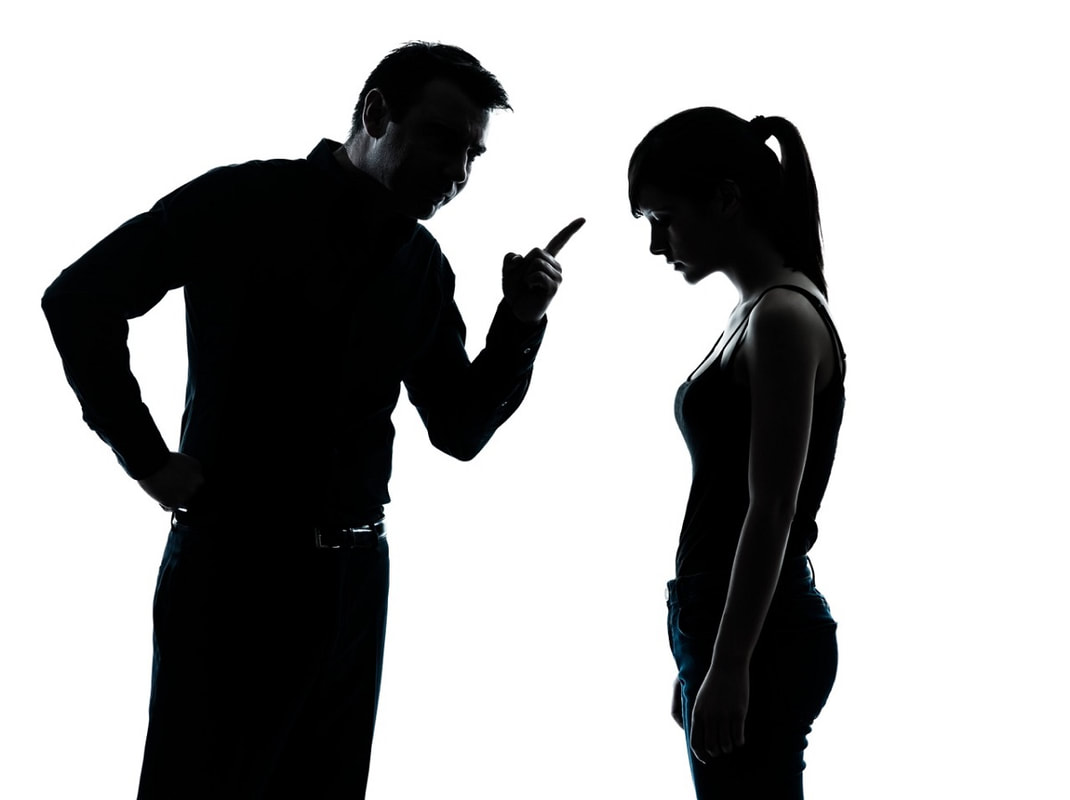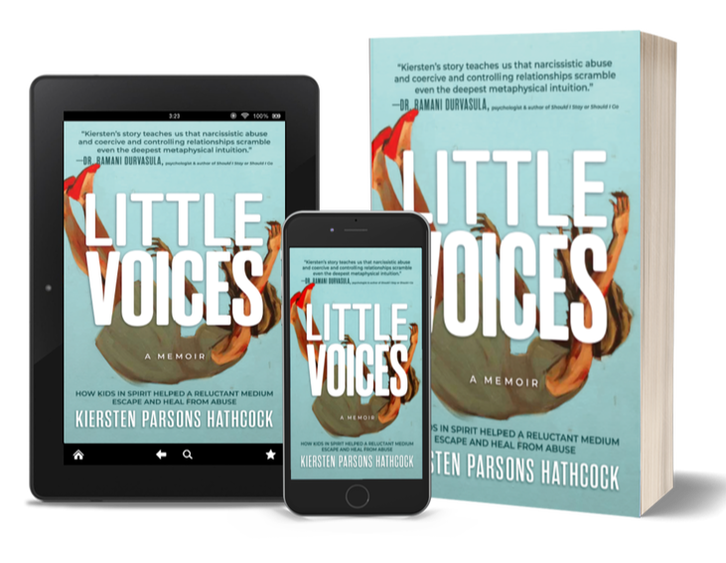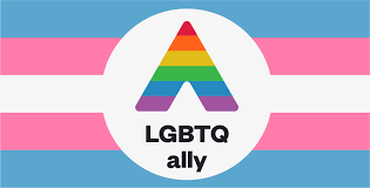|
I was just chatting with my friend, Kari, who is also a narcissistic abuse survivor. We were saying how frustrating it is that most people think abuse survivors have low self-esteem; therefore, they believe they deserve the abuse, which is why they stay. Sure, in some cases, the survivor becomes conditioned to believe they are indeed the problem, but most of the women I know who have lived through this type of relationship, or are enduring one today, are strong, intelligent, caring, empathic, confident, put-together women. The same goes for the men I know who have been on the receiving end of narcissistic abuse. So, if it’s not low self-esteem, why do people stay in relationships that are abusive? Personally, I initially stayed because I believed the façade. In the beginning, I thought he was who he presented himself to be when we met so each abusive episode was hard to understand. I kept the faith that it would get better. And it did, in spurts. I’d never experienced anything like that in my life so it was hard to internalize that this wasn’t just his insecurity rearing its ugly head at times, it was a pattern that was never going to stop. As time went on, I did feel that I’d make my bed. I put all my eggs--personally, financially, and professionally—in one basket. I came to realize that it was not OK (or normal) to live this way but I needed to feel that no matter the damage done on all fronts, it was OK for me to leave. With that said, never once did I feel I deserved to be yelled at, put down, made to feel inferior, controlled, or manipulated. I knew who I was and I was proud of who I was, even while enduring the abuse I did. Was I conditioned and brainwashed to give him multiple chances after the abuse incidents were over? Yes. Did I believe I deserved to live in a constant state of fear because of the abuse? No. After all, I’d left a marriage and naively, blindly trusted he steer the direction of the company I worked so hard to build. It was my fault for diving in head first without heeding the intuitive warnings I was receiving, but I never once thought I deserved to be treated the way I was being treated. In the article, Why Women Stay in Abusive Relationships, the author explains, “Our society reinforces a women's shame and fear of leaving an abusive relationship by suggesting she is culpable for the abuse or by judging her inability to extricate herself. An important part of ending domestic abuse is through education and awareness for everyone, not just the victims.” I believe this to be true. Before I was personally on the receiving of emotional and verbal abuse, I was silently judgmental of my friend who was struggling to leave an abusive marriage. She kept giving him more chances. I didn’t understand all of the elements at work, and thought like many did/do, just stand up and walk out. She eventually did leave but had I understood the chemical addiction, the complications of leaving a narcissist when you have children, the financial risk, and the inevitable script flipping and escalated harassment afterwards, I would have had the full picture, and wouldn’t have been so quick to judge, even if it was only in my head. Helping my friend leave her abusive marriage took so much planning on everyone’s part. I was able to help her by putting her on retainer with my company to help with administrative duties—giving her a lump sum upfront that allowed her to pay a deposit and first and last month’s rent on an apartment in her name. We helped her move as well as furnish her apartment. Just identifying a place to live within the same school district that wasn't too expensive was a feat in itself, let alone moving out with three children. Never in a million years would I have thought I’d be looking to her for strength and advice when it turned out, years later, I had gotten myself into a very similar situation. My hope is that by penning this post, individuals with zero experience in this department will step back and look at their loved ones who are dealing with this type of abuse with more compassion and understanding. With one in four women experiencing domestic abuse in her lifetime, we all need a better understanding of the nature of domestic violence, the affect on survivors, the obstacles faced when trying to leave, and what we can do to help, not hurt. It’s up to us as a whole to eradicate this silent epidemic, and it starts with true understanding.
0 Comments
Your comment will be posted after it is approved.
Leave a Reply. |
Categories
All
Archives
June 2024
|
|
All rights reserved. 2022.
|


 RSS Feed
RSS Feed



